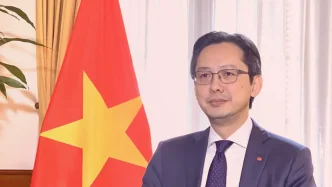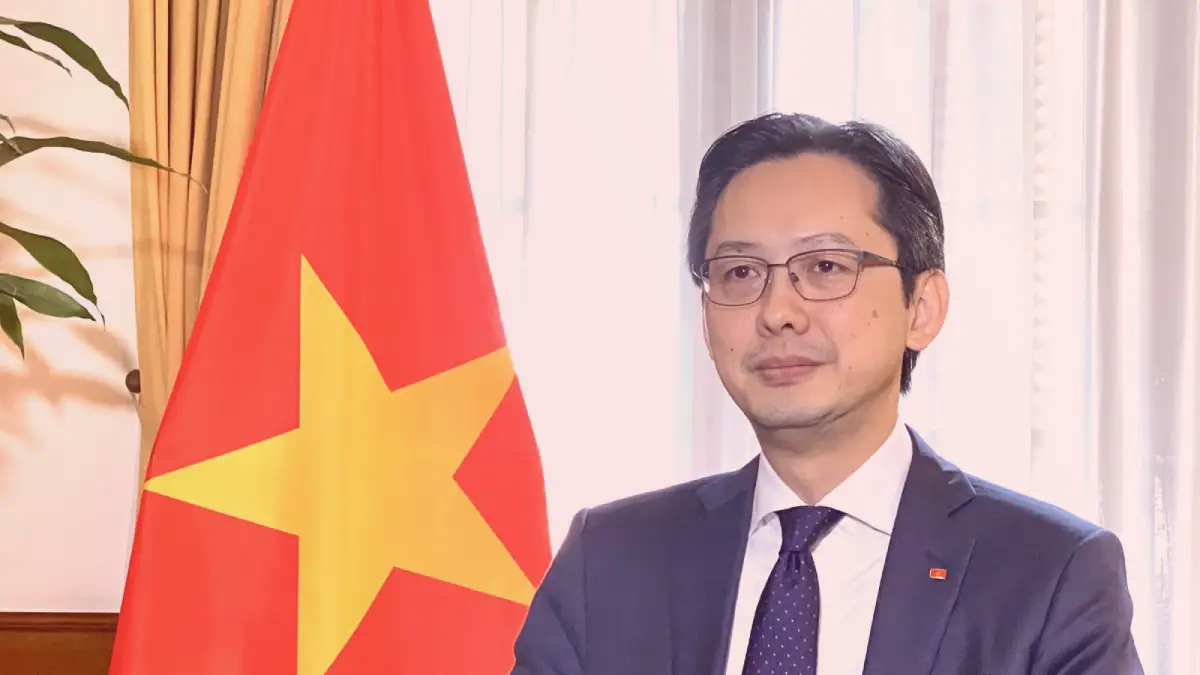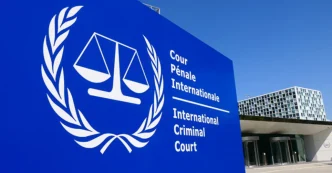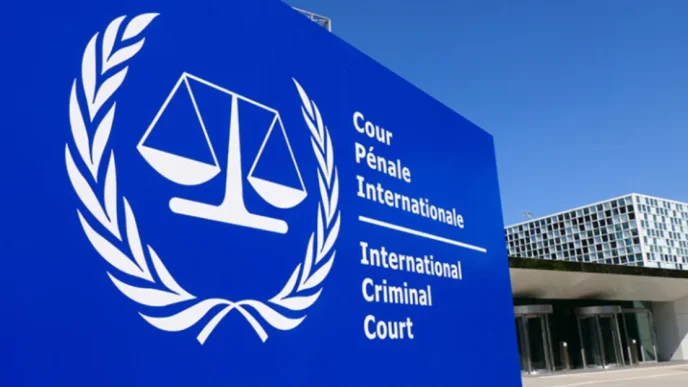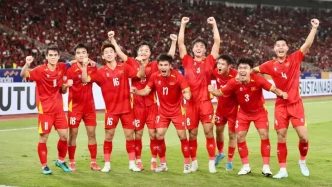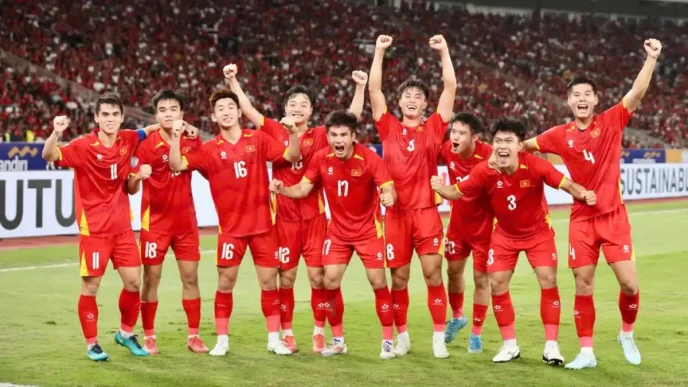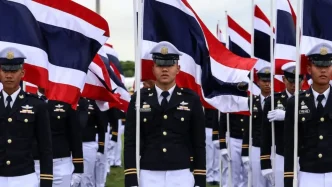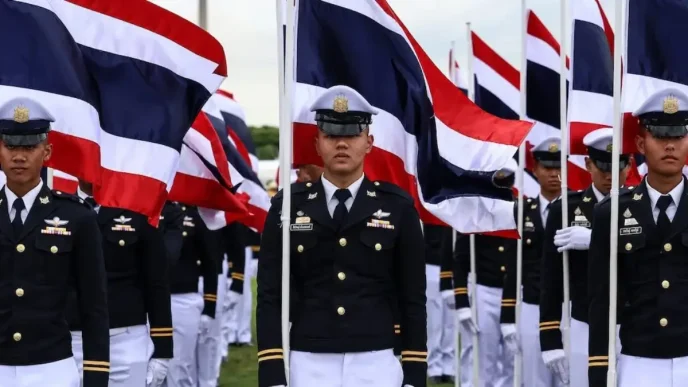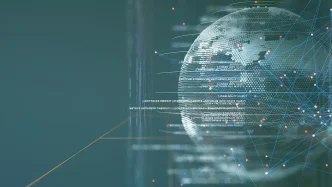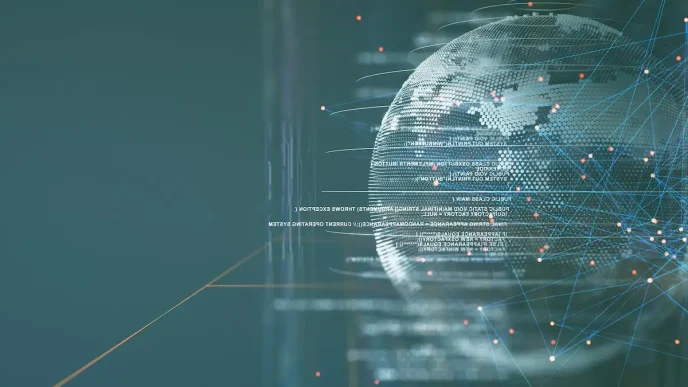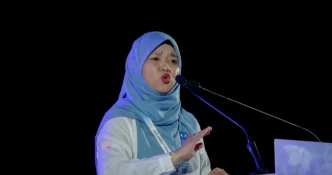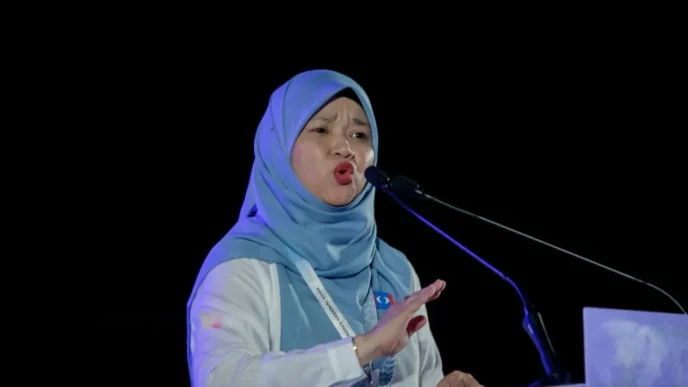In a powerful address at a high-level international conference in New York, Vietnam’s Permanent Representative to the United Nations, Ambassador Đỗ Hùng Việt, reiterated his country’s unwavering commitment to the two-state solution for Israel and Palestine. Held from July 28 to 30, the conference focused on advancing peace in the Middle East and drew representatives from nearly 130 countries and international organizations. Amidst a deepening humanitarian crisis in Gaza and stalled negotiations, Vietnam’s stance underscored a historical solidarity with the Palestinian cause, rooted in its own past struggles for independence.
A Consistent Voice for Peace
Ambassador Đỗ Hùng Việt spoke with clarity and resolve, affirming Vietnam’s long-standing position on the establishment of an independent Palestinian state alongside Israel, based on the pre-1967 borders. He highlighted Vietnam’s recognition of the Palestinian State 37 years ago, a decision shaped by the nation’s own history of resistance against foreign domination. This historical parallel, he noted, fuels Vietnam’s deep solidarity with the Palestinian people’s pursuit of self-determination.
The ambassador urged all parties involved in the conflict to resume dialogue, adhere to the UN Charter, and respect international law, including the provisional measures issued by the International Court of Justice (ICJ) and relevant UN resolutions. His call for restraint and an end to unilateral actions echoed the broader sentiments of the conference, where delegates repeatedly stressed the urgency of halting violations that undermine peace prospects.
Vietnam’s commitment extends beyond rhetoric. Ambassador Đỗ Hùng Việt pledged active contributions to peace efforts, including post-conflict reconstruction in Gaza. This promise aligns with Vietnam’s broader foreign policy of promoting stability and sustainable development, particularly in regions scarred by protracted conflict. As a nation that has rebuilt itself after decades of war, Vietnam’s offer to assist in Gaza’s recovery carries a symbolic weight, reflecting a belief in the possibility of renewal even after profound devastation.
A Global Call for Action
The three-day event in New York was not just a platform for statements but a critical juncture for galvanizing international support for the two-state solution. UN Secretary-General Antonio Guterres and Philemon Yang, President of the 79th session of the UN General Assembly, joined over 60 ministers and senior officials in emphasizing the conference’s potential as a turning point. Their speeches underscored a collective hope that the gathering could reignite dialogue and foster peaceful coexistence between Israel and Palestine.
A key outcome of the conference was the issuance of the “New York Joint Declaration on the Peaceful Settlement of the Question of Palestine and the Implementation of the Two-State Solution” on July 28. The declaration proposed concrete measures to advance a ceasefire, deliver humanitarian assistance, and plan for Gaza’s reconstruction. It reaffirmed the international community’s dedication to establishing a sovereign and economically viable Palestinian state, living in peace alongside Israel, as a cornerstone for security and cooperation in the Middle East.
Delegates at the conference were united in their concern over the escalating humanitarian crisis in Gaza, where the conflict has caused widespread suffering. The majority called for immediate action to end unilateral measures that jeopardize the two-state framework, urging the development of a clear roadmap for Palestinian statehood while ensuring security guarantees for Israel. The recognition of Palestine as a full UN member state emerged as a recurring theme, viewed by many as essential for lasting peace and stability in the region.
Vietnam’s Historical Lens on Conflict
Vietnam’s position at the conference is deeply informed by its own history. Having endured decades of colonial rule and foreign intervention, the country views the Palestinian struggle through the prism of its own fight for independence. This perspective was evident in Ambassador Đỗ Hùng Việt’s address, where he drew parallels between Vietnam’s past and the current aspirations of the Palestinian people. The nation’s early recognition of Palestine in 1988, just over a decade after its own reunification, was a bold statement of solidarity at a time when the Middle East conflict was far from global consensus.
This historical empathy shapes Vietnam’s active role in international forums like the UN, where it consistently advocates for solutions rooted in dialogue and respect for sovereignty. As a non-permanent member of the UN Security Council in recent years, Vietnam has used its platform to push for peaceful resolutions to conflicts worldwide, often citing its own experience as evidence that reconciliation and rebuilding are possible even after the most bitter struggles.
In the context of the Middle East, Vietnam’s support for the two-state solution is not merely diplomatic posturing but a reflection of a broader commitment to global equity. The country has repeatedly emphasized the importance of international law as a framework for resolving disputes, a stance that resonates with many smaller nations that see such principles as a shield against larger powers. By aligning itself with the Palestinian cause, Vietnam positions itself as a voice for the marginalized, drawing on its past to inform its present advocacy.
The Broader Middle East Challenge
The conference in New York took place against the backdrop of a Middle East mired in complexity. The conflict in Gaza, marked by recurring violence and a humanitarian crisis of staggering proportions, has defied resolution for decades. International efforts to broker peace have often stumbled over entrenched positions, with unilateral actions on both sides eroding trust and complicating negotiations. The two-state solution, while widely endorsed in principle, remains elusive in practice, as territorial disputes, security concerns, and political divisions persist.
The humanitarian situation in Gaza, in particular, has reached a critical juncture. Reports from the region detail widespread displacement, acute shortages of food and medical supplies, and infrastructure devastation. The international community’s focus on reconstruction, as highlighted in the New York Joint Declaration, reflects an understanding that peace cannot be achieved without addressing these immediate needs. Yet, the path to a sustainable ceasefire—one that holds and paves the way for broader negotiations—remains fraught with challenges.
For Vietnam, the Middle East conflict is a reminder of the global stakes involved in unresolved disputes. While geographically distant, the nation sees parallels in the themes of sovereignty and self-determination that defined its own 20th-century struggles. Its call for adherence to international law and UN resolutions is not just a policy position but a plea for a rules-based order that can prevent smaller nations from being caught in the crossfire of larger geopolitical games.
Looking Ahead: Vietnam’s Role in Peacebuilding
Vietnam’s participation in the New York conference signals its intent to play a more visible role in international peacebuilding efforts. Beyond its rhetorical support for the two-state solution, the country has expressed a willingness to contribute to practical measures, such as aiding in Gaza’s post-conflict reconstruction. While the specifics of such contributions remain to be defined, they could include technical assistance, humanitarian aid, or participation in UN-led initiatives—areas where Vietnam has gained experience through its own recovery and development journey.
The ambassador’s emphasis on sustainable development as a component of peace aligns with Vietnam’s broader foreign policy goals. In recent decades, the country has transformed itself into a regional economic player, leveraging stability and growth to enhance its global standing. By offering to share this expertise with conflict-affected regions like Gaza, Vietnam seeks to contribute to a vision of peace that goes beyond ceasefires to address the root causes of instability, such as poverty and lack of opportunity.
As the international community grapples with the next steps for the Middle East, Vietnam’s voice adds a unique perspective—one shaped by a history of resilience and a commitment to solidarity. The outcomes of the New York conference, including the joint declaration, offer a glimmer of hope for renewed dialogue, but the road ahead is long. For now, Vietnam stands firm in its belief that a just and lasting resolution in the Middle East is not only possible but essential for global stability.
As efforts to implement the two-state solution continue, the impact of Vietnam’s advocacy and the broader international push for peace will be closely watched. Can such conferences translate into tangible progress, or will they remain symbolic gestures in the face of entrenched conflict? The answer remains uncertain, but Vietnam’s steadfast position serves as a reminder of the enduring importance of solidarity in addressing the world’s most intractable challenges.

